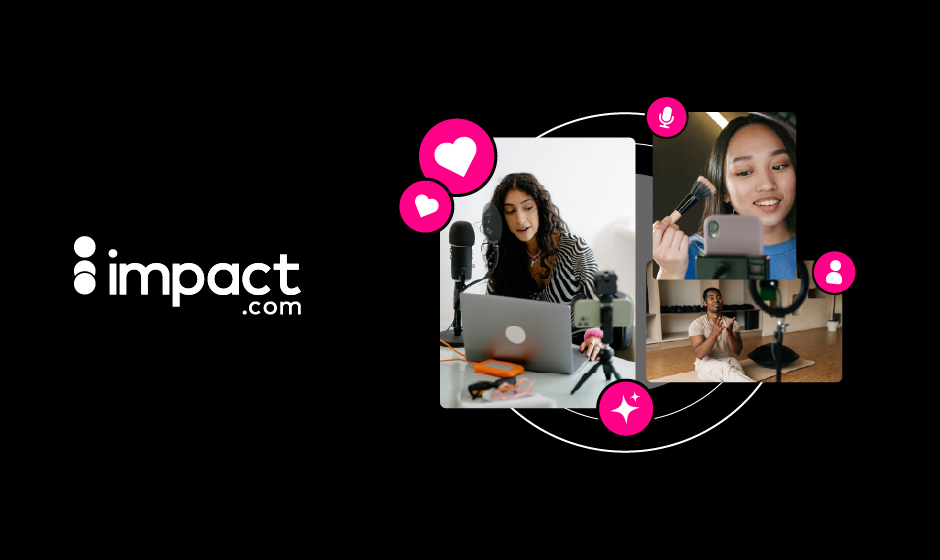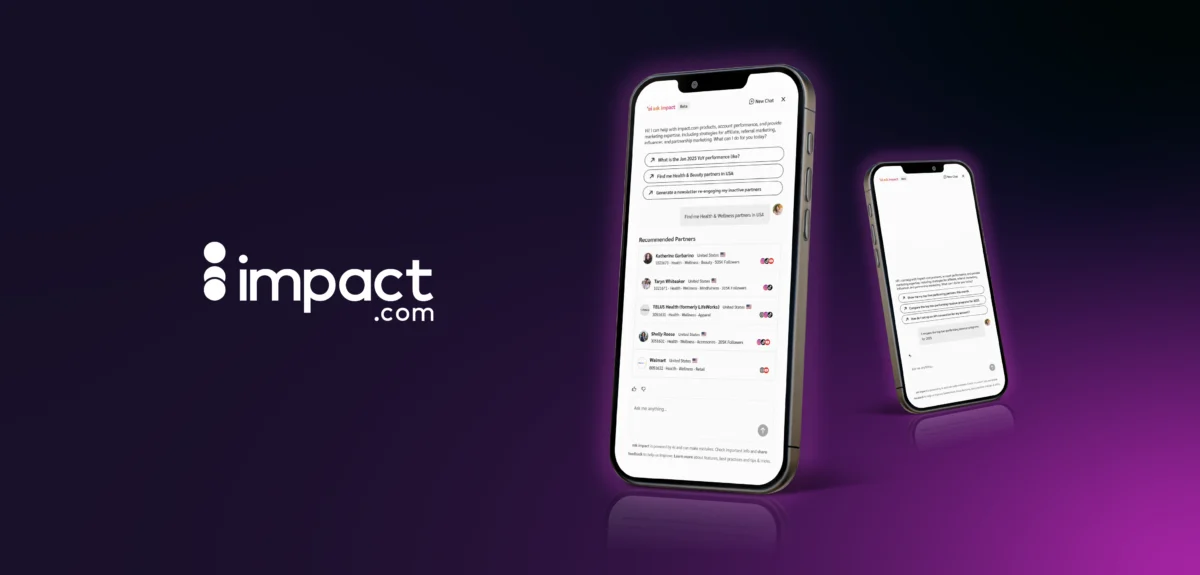Digital ads played a massive role in the fast growth of ecommerce, but times are changing. Consumer privacy has become a focal point for big tech, and we’re moving toward a cookieless future. Additionally, more and more people are turning away from ads and toward trusted sources to learn about products and services.
A 2020 study by Kantar found that just 11 percent of consumers worldwide trust digital advertising. In Indonesia, 41.7 percent of internet users now rely on adblocking software, the third-highest percentage worldwide. Furthermore, a survey by YouGov discovered that only 12 percent of Indonesians believe retailers make honest and reliable advertisements — lower than the global average.
Trust sits at the center of these changes. Concerns over data privacy, transparency and authenticity have led many consumers to take matters into their own hands. Google recently published findings that show 96 percent of Indonesians gather all relevant information about a product or service before making a purchasing decision.
With digital ads no longer proving effective, companies are turning to partnerships as a way to reach new audiences and build authentic relationships with consumers.
Affiliate and influencer partnerships – a new channel for driving revenue and growth
Affiliate and influencer partnerships are performance-based collaborations between your brand and another individual or business, such as an influencer (or what some call a “KOL” – key opinion leader), strategic brand partner, affiliate or content publisher. Partners introduce, influence, or persuade consumers to purchase one of your products or services in return for a commission. They might do so through reviews, content pieces, social media posts or brand collaborations.
Garuda Indonesia, for example, collaborated with the Jakarta-based concept store Goods Dept. on a limited-edition merchandise collection in 2021. Brands from Tokopedia and Shopee to Listerine and Dettol have all worked with Indonesian celebrities and micro-influencers to much viral effect.
It’s not difficult to see why. Unlike digital ads, which are seen as mere extensions of brands themselves, partners are often regarded as external or independent sources of information. In other words, consumers tend to trust them more. And in the world of partnerships, more trust equals more revenue.
The results aren’t fast because trust takes time to build. However, partners give consumers the information and time needed to make informed decisions. When consumers become more knowledgeable about what your brand offers, they are more likely to click on the ‘Buy’ button. This relationship is why 76 percent of the companies surveyed in a 2019 Forrester report agreed that partnerships a vital to delivering on their revenue goals. Partnerships deliver results that digital ads can’t precisely because they foster trust.
Many Southeast Asian brands such as UniPin, ZALORA and Sephora have already tapped into the affiliate and influencer partnerships channel to achieve phenomenal growth. Regional fashion label Love, Bonito experienced a 253 percent quarter-on-quarter (QoQ) revenue growth within a year of launching its partnerships program. Decathlon Singapore, the world’s largest sports retailer, reported 156 percent QoQ revenue growth after expanding and streamlining its portfolio of partners.
Interested in following in the footsteps of Love, Bonito and Decathlon Singapore? Contact impact.com’s Southeast Asia team at grow@impact.com to learn more.




